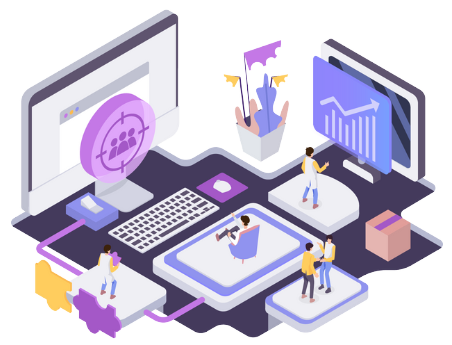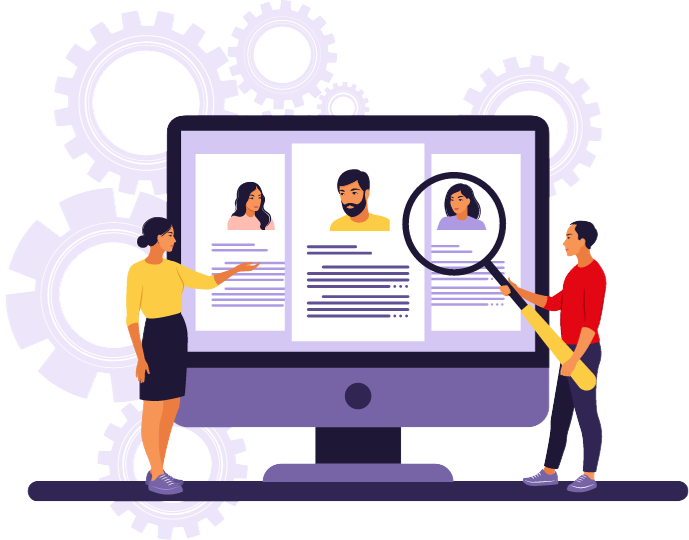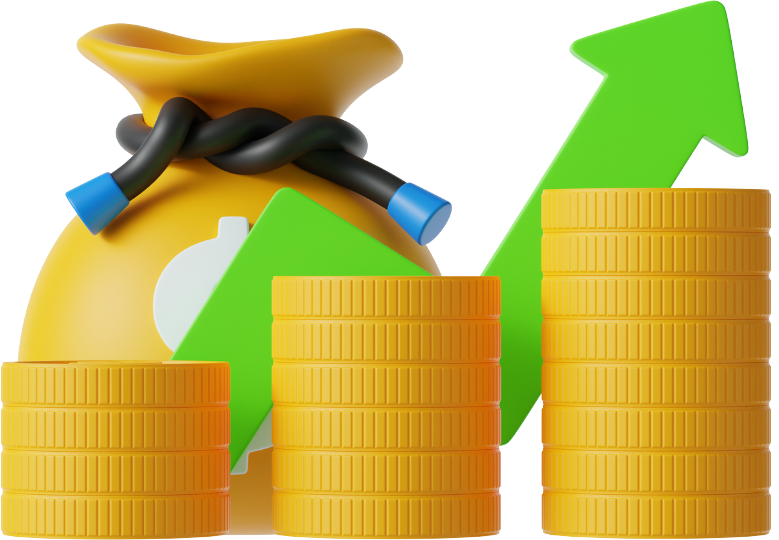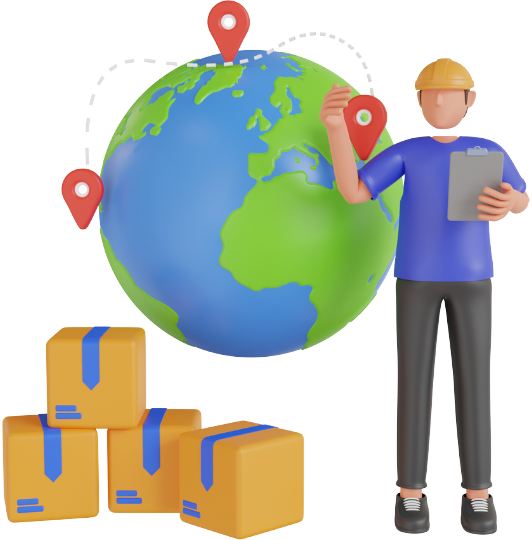
ERP is an abbreviation for "enterprise resource planning". ERP is a software tool that allows business owners to automate whole business processes with a single click. Even with web-based ERP, business leaders can manage multiple agencies, sections, and subsidiaries on a single page internationally.
ERP systems are essential because they have the ability to automate the repetitive operations involved in managing a company. Businesses will increase accuracy and productivity as well as save money and hours by having these tasks done automatically.

The finance and accounting component is the foundation of the majority of ERP systems. It helps organizations handle assets payable (AP) and receivable (AR), close the books efficiently, provide financial reports, comply with revenue recognition rules, mitigate financial risk, and more, in addition to managing the general ledger and automating critical financial processes.

The majority of ERP systems contain an HR component that includes essential features such as time-tracking and payroll. Add-ons, or even complete human capital management (HCM) suites, can link to the ERP and provide more extensive HR capabilities, such as workforce analytics and employee experience management.

The revenue-generating module tracks conversations with prospects and customers and assists reps in using data-driven insights to enhance sales and target leads with the appropriate promotions and upsell chances. It contains order-to-cash capabilities such as order administration, deals, reimbursement, client relationship administration, and front-line sales support.

The manufacturing module is an important component of ERP software for planning and execution. It assists businesses in simplifying complex manufacturing processes and ensuring production is in sync with demand. This module usually comprises material requirements planning (MRP), production planning, manufacturing implementation, quality management, and other features.

The supply chain module, another important component of ERP systems, analyzes the movement of goods and materials along an organization's supply chain. The module includes tools for real-time inventory management, storage operations, transit, and logistics - all of which can help improve supply chain visibility and resilience.

Powerful ERP systems can contain an EAM module, which assists asset-intensive firms in minimizing downtime and keeping their machinery and equipment functioning at top efficiency. This module contains maintenance and repair time management, asset administration and planning, environment, health, and safety (EHS), and other features.




